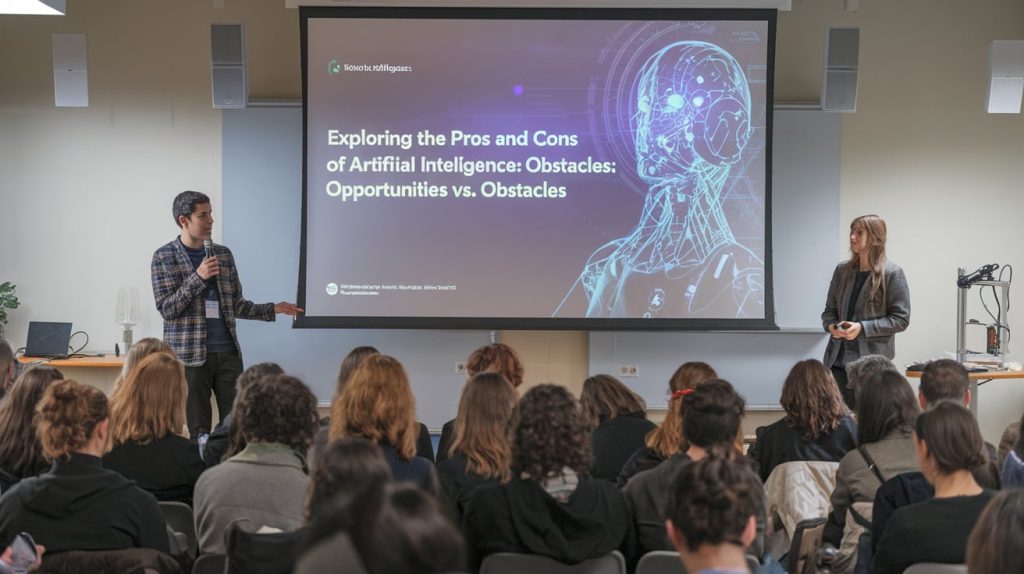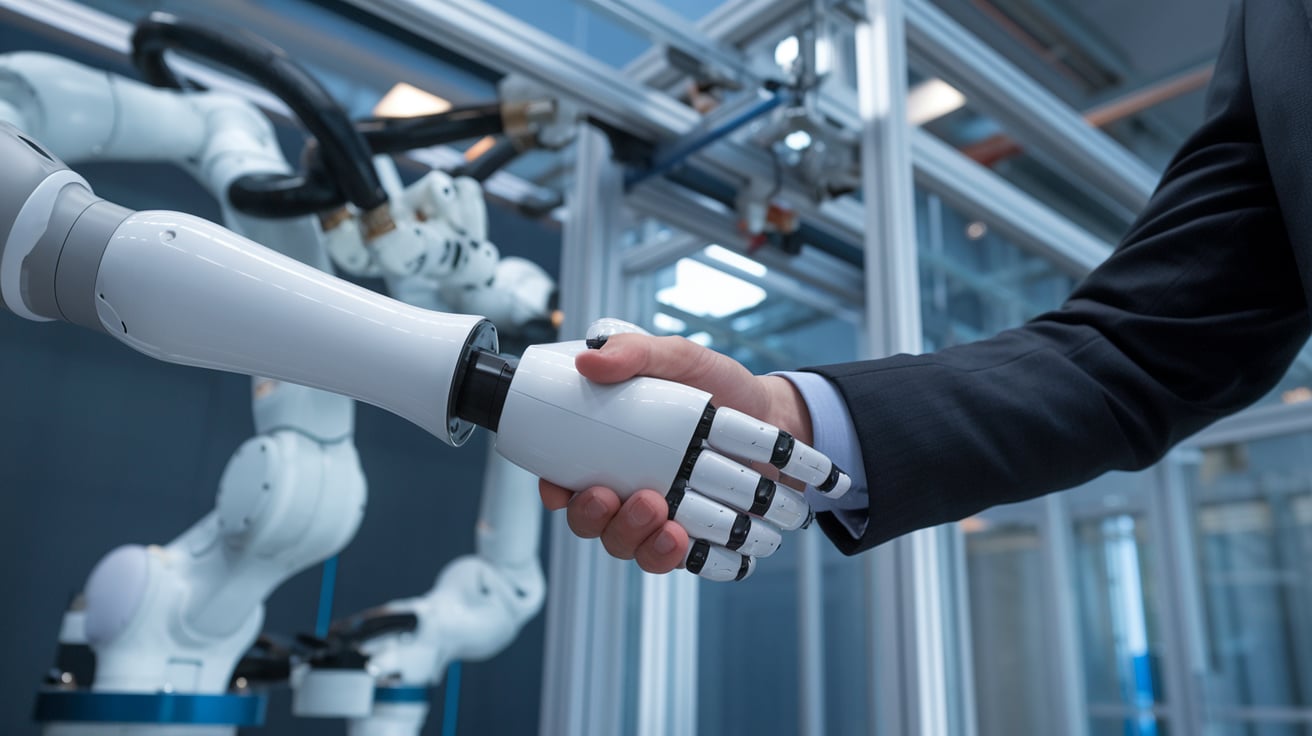Artificial Intelligence (AI) is everywhere—like a sci-fi dream crashing into reality. It’s reshaping how we work, live, and think, promising a world of efficiency and breakthroughs. But it’s not all shiny futures; there’s a flip side that’s messy and murky. I’ve been mulling over AI’s highs and lows, and here’s my take: 10 big pros and cons that show what it can do—and what it might undo. Let’s unpack this wild ride together.
Pros of Artificial Intelligence
- Supercharged Efficiency
AI’s a wizard at taking the grunt work off our plates. Repetitive tasks? Done in a flash. I’ve seen it crunch numbers, sort data, and zip through jobs that’d take me hours—all without breaking a sweat. It frees us up to dream bigger, create more, and focus on what matters. Work smarter, not harder, right? - Smarter Choices
Decisions get a turbo boost with AI. It chews through mountains of data, spots trends, and hands us insights we’d miss otherwise. I love how it’s helping businesses predict what’s next or doctors catch issues early—real-time, data-driven calls that cut guesswork and boost wins. - Tailored to You
AI’s like a personal assistant who gets you. It digs into your habits—say, your Netflix binges or shopping quirks—and serves up custom picks. I’ve gotten song recs that hit just right, and it’s the same for ads or health tips. It’s not creepy; it’s clever—making life feel a bit more “you.” - Healthcare Game-Changer
In medicine, AI’s a quiet hero. It’s scanning X-rays, decoding DNA, and crafting treatment plans with precision I can’t wrap my head around. Early detection? Better outcomes? It’s saving lives while cutting costs—hard to argue with that kind of impact. - Sparking New Ideas
AI doesn’t just follow—it inspires. Tools like design generators or language helpers push us to think wilder. I’ve tinkered with AI art apps and ended up with stuff I’d never dream up solo. It’s a partner in creativity, nudging us toward the next big thing.
Cons of Artificial Intelligence
- Jobs on the Chopping Block
Here’s the rub: AI’s efficiency can kick people out of work. Cashiers, drivers, factory folks—tasks I’ve done myself could vanish to bots. It’s not just losing a paycheck; it’s whole communities rattled. The future’s shiny, but not if you’re left behind. - Bias Baked In
AI’s only as fair as the data it learns from—and that data’s often a mirror of our messy past. I’ve read about hiring tools favoring one group or loan systems screwing over others. It’s not evil; it’s flawed, and fixing it’s a puzzle we’re still solving. - Privacy on Thin Ice
AI loves data—your data, my data, all of it. That’s cool until it’s not. A breach or a shady move, and boom—your life’s exposed. I’ve caught myself wondering who’s peeking at my clicks. It’s a trade-off: convenience for a chunk of your privacy. - Mystery Box Vibes
Ever try asking AI why it did something? Good luck. It’s often a black box—spitting out answers without a playbook. I find that spooky—how do you trust what you can’t understand? It’s a trust gap we need to bridge, fast. - Ethical Head-Scratchers
AI’s stirring up big questions. Killer drones? Fake news bots? Fairness in algorithms? I’ve wrestled with where the line is—when does “smart” become “wrong”? It’s not just tech; it’s morals, and we’re all in the hot seat to figure it out.

Conclusion
AI’s a double-edged sword—blazing opportunities on one side, thorny challenges on the other. It can turbocharge our lives, spark breakthroughs, and make things personal, but it’s also shaking up jobs, testing fairness, and poking at our privacy. I think the trick is balance: lean into the good stuff while wrestling the risks head-on. We need rules, ethics, and a whole lot of teamwork to steer this ship right. AI’s here to stay—let’s make it work for us, not against us.
Quick Q&A
What’s AI’s big win? Efficiency—automating the boring stuff so we can shine elsewhere.
How’s it help decisions? Crunches data for sharp, fast calls—less guess, more gain.
Job worries—real? Yup—automation’s cutting roles, especially low-skill ones.
Bias in AI—how? It learns from skewed data, spitting out skewed results.
Privacy risks? Tons of data means tons of exposure if it leaks.
Why’s transparency tough? AI’s logic’s often a locked box—hard to peek inside.
Ethical mess—what kind? Think weapons, fairness, lies—big choices we’ve gotta face.



